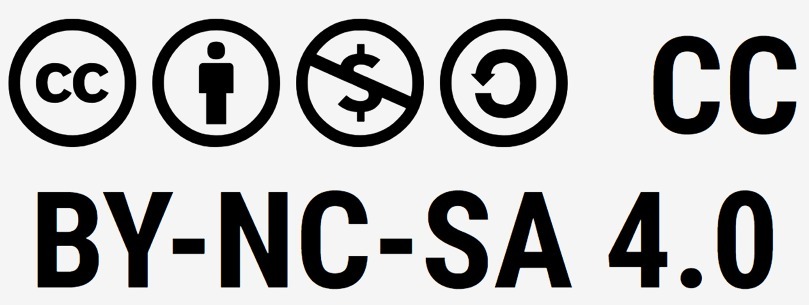Consents and Approvals
At Consortium Publisher – ICDTD Inc., Canada, all manuscripts must comply with internationally recognized ethical standards governing research involving human participants, animals, and identifiable data. Authors are required to explicitly state the ethical oversight and consent procedures followed in their studies.
1. Ethical Approval
All studies involving human participants must confirm adherence to institutional and/or national ethics guidelines and internationally accepted protocols such as the Declaration of Helsinki. Please include the following standard statement:
“All procedures involving human participants were conducted in accordance with the ethical standards of the institutional and/or national research ethics committee and with the 1964 Declaration of Helsinki and its later amendments or comparable ethical standards.”
For retrospective studies, where informed consent is not required due to the nature of data collection, please add:
“For this type of study, formal consent is not required.”
For studies involving animals, authors must confirm compliance with international and institutional standards for animal welfare. The following statement should be used:
“All procedures involving animals were conducted in accordance with institutional, national, and/or international guidelines for the ethical treatment and care of laboratory animals.”
Where an institutional committee oversees animal research, please include:
“All procedures performed in studies involving animals were approved by the relevant Institutional Animal Care and Use Committee (IACUC) or complied with the ethical standards of the institution or practice at which the studies were conducted.”
If no human or animal subjects were involved, authors should declare one of the following:
· “This chapter does not contain any studies with human participants performed by any of the authors.”
· “This chapter does not contain any studies with animals performed by any of the authors.”
· “This chapter does not contain any studies with human participants or animals performed by any of the authors.”
2. Informed Consent
Respect for individual autonomy is fundamental. All participants have the right to determine how their identifiable information—such as personal data, interview content, or images—is used. Authors must ensure:
“Written informed consent was obtained from all individual participants included in the study.”
Identifiable data (e.g., names, dates of birth, ID numbers, photographs, or genetic profiles) should only be published if:
1. Such information is scientifically necessary, and
2. The participant (or legal guardian) has provided explicit written consent for publication.
If such data are included, the following statement must also be provided:
“Additional informed consent was obtained from all individual participants for whom identifying information is included in this chapter.”
Authors must ensure that anonymity is protected. For example, obscuring the eye region in photos is insufficient. If identifying characteristics are altered to ensure anonymity (e.g., changes in genetic sequences), authors must confirm that such alterations do not distort the scientific content or conclusions.
3. Patient Consent and Animal Welfare Compliance
All clinical research involving human participants must follow the ethical principles outlined in the Declaration of Helsinki. Manuscripts submitted to Consortium Publisher must comply with the guidelines of the International Committee of Medical Journal Editors (ICMJE) with regard to patient rights and informed consent in research and publication.
The editorial team at Consortium Publisher reserves the right to request documentation of ethics approval, such as approval letters from an Institutional Review Board (IRB) or a certified Research Ethics Board (REB) as applicable.
For research involving animals, authors must ensure compliance with globally accepted standards, such as the Guide for the Care and Use of Laboratory Animals (8th Edition), published by the National Academies Press.
“The animal procedures described in this study were conducted in accordance with the standards outlined in the Guide for the Care and Use of Laboratory Animals, 8th edition, published by the National Academies of Sciences, Engineering, and Medicine.”
For further editorial guidance, authors are encouraged to consult:
· COPE: Committee on Publication Ethics
· ARRIVE Guidelines for Reporting Animal Research
· Tri-Council Policy Statement (Canada) – TCPS 2: Ethical Conduct for Research Involving Humans









